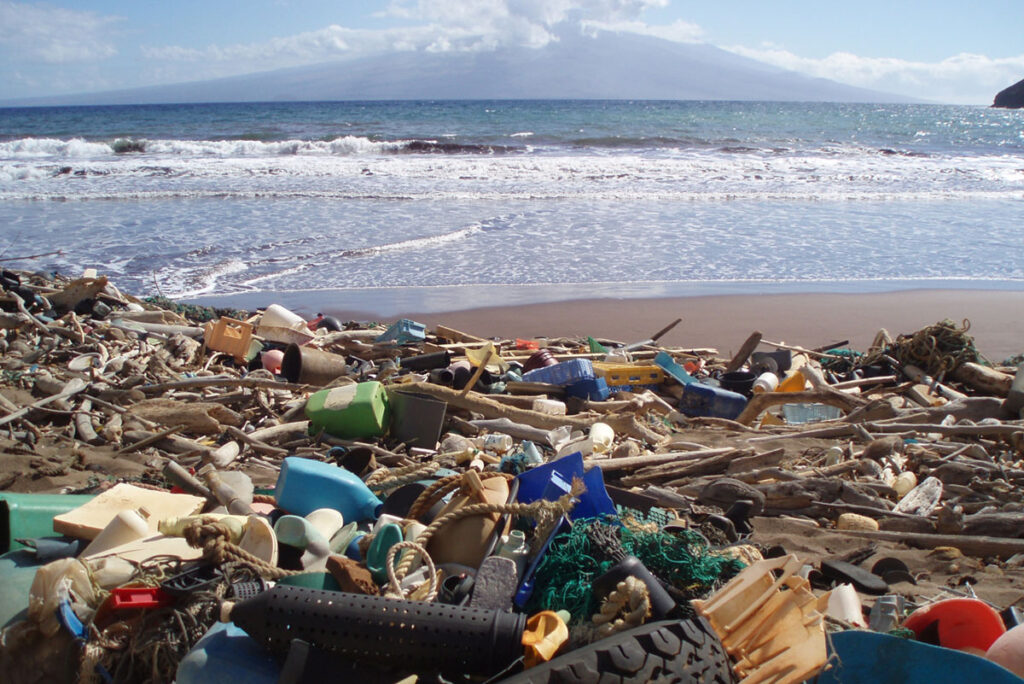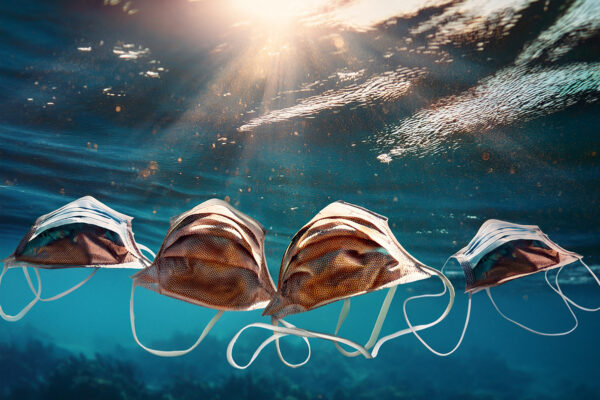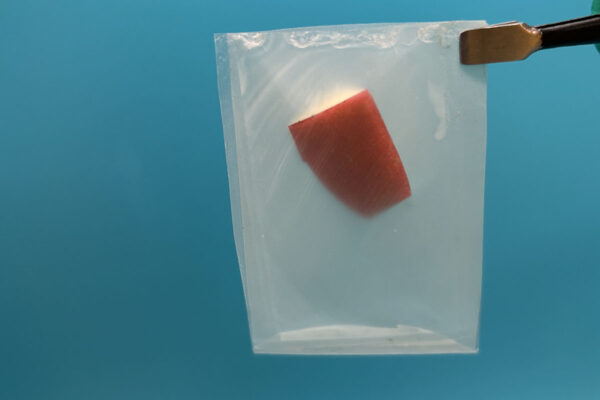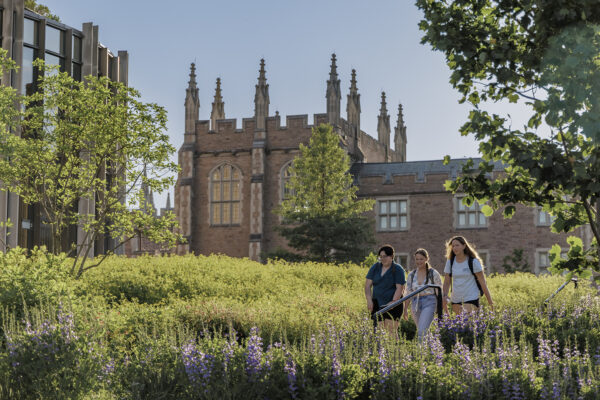
Imagine a world in which all types of plastic containers, packaging, carbon-fiber composite bikes and knee implants could be recycled together as a single processing stream. This is the ambitious goal of researchers at Washington University in St. Louis; the University of California, Berkeley; and the National Institute of Standards and Technology (NIST).
While less than one-third of the total waste generated in the United States is recycled today, the team is using artificial intelligence (AI) to make new materials that could enable simple recycling of mixed-waste streams back to molecules that can then be converted to a new material with targeted properties.
Christopher Cooper, an assistant professor of energy, environmental and chemical engineering in the McKelvey School of Engineering at WashU, and Brooks Abel, an assistant professor of chemistry at UC Berkeley, along with Debra Audus and Sara Orski from the NIST, will develop AI-driven design of architecturally diverse and deconstructable polymers with a three-year nearly $1.4 million grant from the National Science Foundation. Their goal is to design new sustainable polymers with a diverse range of properties that can be recycled without the need for costly and inefficient separation from mixed-waste streams.
Read more on the McKelvey Engineering website.


